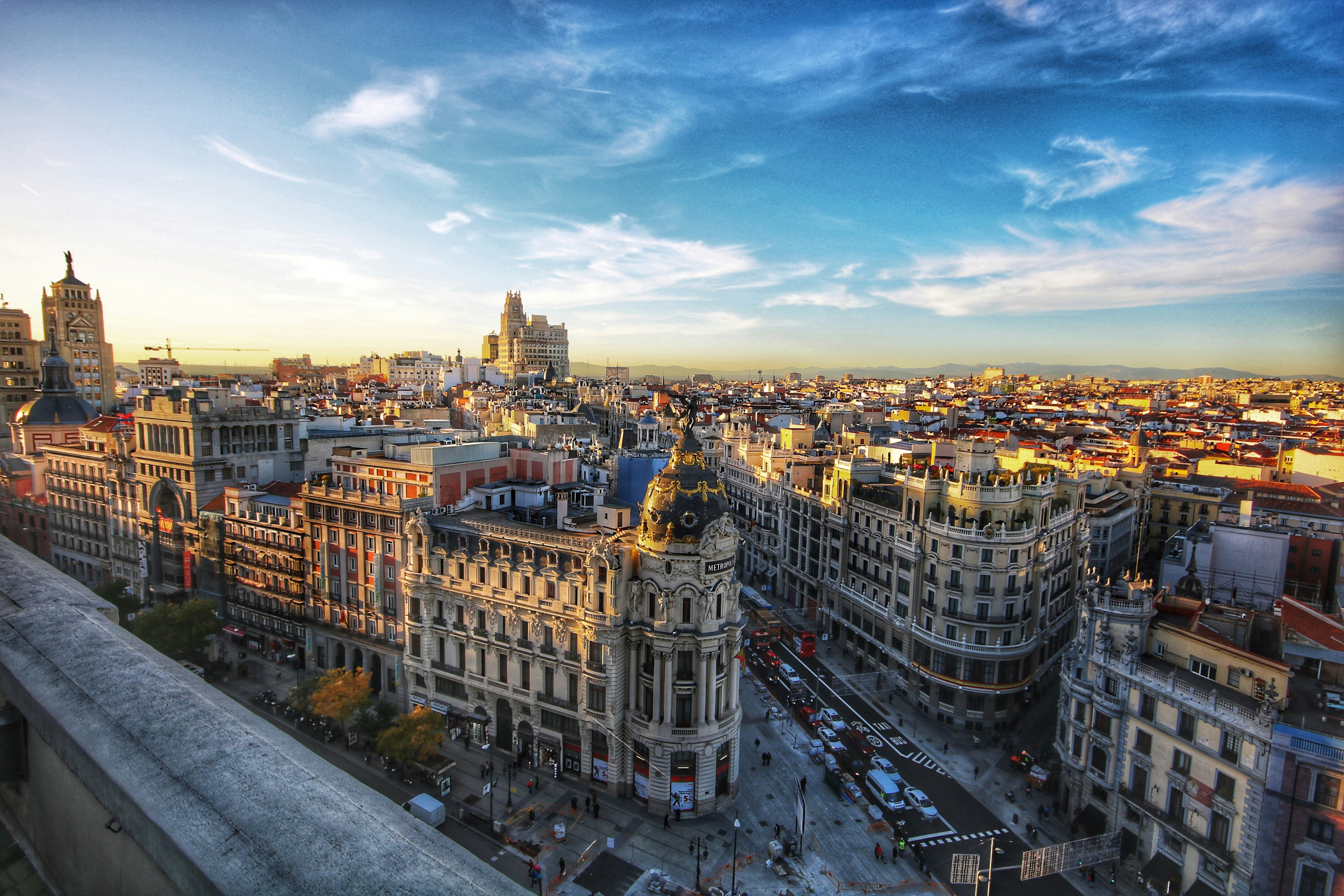[WORLD] Spain welcomed an unprecedented 17.1 million international tourists in the first quarter of 2025, marking a 5.7% rise from the same period last year, according to figures released Monday by the National Statistics Institute. The surge reaffirms the country’s status as a tourism powerhouse and a key driver behind its outperforming economy.
The influx was led by visitors from the United Kingdom, France, and Germany—Spain’s top three tourism markets. Last year, the nation set a new benchmark by attracting 94 million foreign travelers, securing its position as the world’s second-most visited country thanks to its appealing mix of sunshine, beaches, and rich cultural heritage.
Spending by these visitors also saw a notable rise, with foreign tourist expenditure climbing 7.2% year-on-year to €23.5 billion between January and March, the Tourism Ministry reported. The government has emphasized higher tourist spending as a strategic goal, aiming to boost the sector’s contribution to the national economy.
Tourism was a major contributor to Spain’s robust economic growth of 3.2% in 2024, far surpassing the European Union average of 1%. The upward trajectory in tourist numbers is part of a longer-term trend, with the sector steadily expanding over the past decade. To sustain this growth, the government has invested heavily in infrastructure, global marketing efforts, and sustainability projects.
Yet the rapid expansion has not come without challenges. Urban centers such as Barcelona and Madrid have grappled with the pressures of overtourism—ranging from overloaded infrastructure to rising living costs and quality-of-life concerns for residents. In response, municipal governments have implemented countermeasures, including tourist levies and tighter regulations on short-term rentals.
Despite these issues, tourism remains a cornerstone of Spain’s labor market and economic output. The World Travel and Tourism Council estimates the sector directly supports over 2 million jobs, accounting for nearly 10% of the national workforce. Authorities are now working to distribute tourism benefits more evenly, particularly to underdeveloped areas that have historically seen less visitor traffic.
In tandem with growth, Spain has also embraced a shift toward sustainable tourism. Initiatives promoting environmentally friendly travel and responsible exploration of the country’s natural and cultural sites are gaining momentum, reflecting a broader global push toward eco-conscious travel.
Nonetheless, the tourism boom has stirred discontent among some locals, who argue that the relentless influx of visitors is inflating housing costs, straining public services, and altering the character of communities. In response, Tourism Minister Jordi Hereu emphasized the government's goal to "diversify destinations," reduce reliance on peak travel seasons, and "share out the benefits" across all regions of the country.















